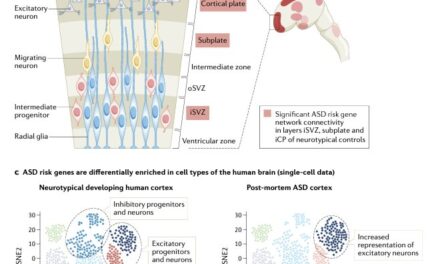Brisbane, Australia – February 13, 2025 – In a significant breakthrough, Australian researchers have developed a promising new treatment for deadly childhood cancers using engineered immune cells. The study, led by a team from the University of Queensland (UQ), introduces a novel therapeutic strategy for paediatric sarcomas, offering hope for young patients and their families.
The findings, published on Wednesday in Clinical and Translational Medicine, reveal that sarcomas, which develop in bones and soft tissues such as muscles, fat, and blood vessels, are among the most aggressive childhood cancers. These tumours spread rapidly, making treatment particularly challenging. According to the research, sarcomas account for 5-10 per cent of all childhood cancers but cause more deaths than brain cancer, skin cancer, leukaemia, and lymphoma.
Engineered Immune Cells: A Game-Changer
The innovative treatment employs specially modified immune cells, commonly referred to as “killer cells,” that are designed to identify and attack sarcoma tumours. This approach represents a major advancement in treating paediatric solid tumours, an area where significant progress has been lacking for decades.
Wayne Nicholls, a co-author of the study from UQ’s Ian Frazer Centre for Children’s Immunotherapy Research, highlighted the urgent need for new treatment options.
“Sarcoma is the leading cause of cancer-related deaths among individuals aged 10-30, yet there has been no improvement in survival rates for 40 years. Currently, there are very few novel therapies available for paediatric solid tumours. This breakthrough represents a crucial step towards a potentially life-saving treatment,” Nicholls said.
Associate Professor Fernando Guimaraes from UQ’s Frazer Institute echoed the significance of the discovery, emphasizing that these cancers have long suffered from a lack of effective interventions.
“These tumours have had very limited treatment options for decades. This new therapy could be a game-changer for many patients facing these aggressive cancers,” Guimaraes stated.
Potential Beyond Childhood Cancer
In addition to paediatric sarcomas, researchers believe this treatment approach could have broader implications, particularly for other hard-to-treat diseases such as triple-negative breast cancer. The ability to harness the immune system in a targeted manner could pave the way for new therapies in the fight against some of the most challenging forms of cancer.
A Step Towards Hope
While the study marks a significant advancement, further research and clinical trials will be necessary before the treatment becomes widely available. Scientists remain optimistic that their findings will lead to more effective treatment options for children and young adults battling these devastating cancers.
Disclaimer: The findings discussed in this article are based on ongoing research. While the results are promising, the treatment is still in the experimental stage and requires further validation through clinical trials. Patients should consult medical professionals before considering any new treatment options.












